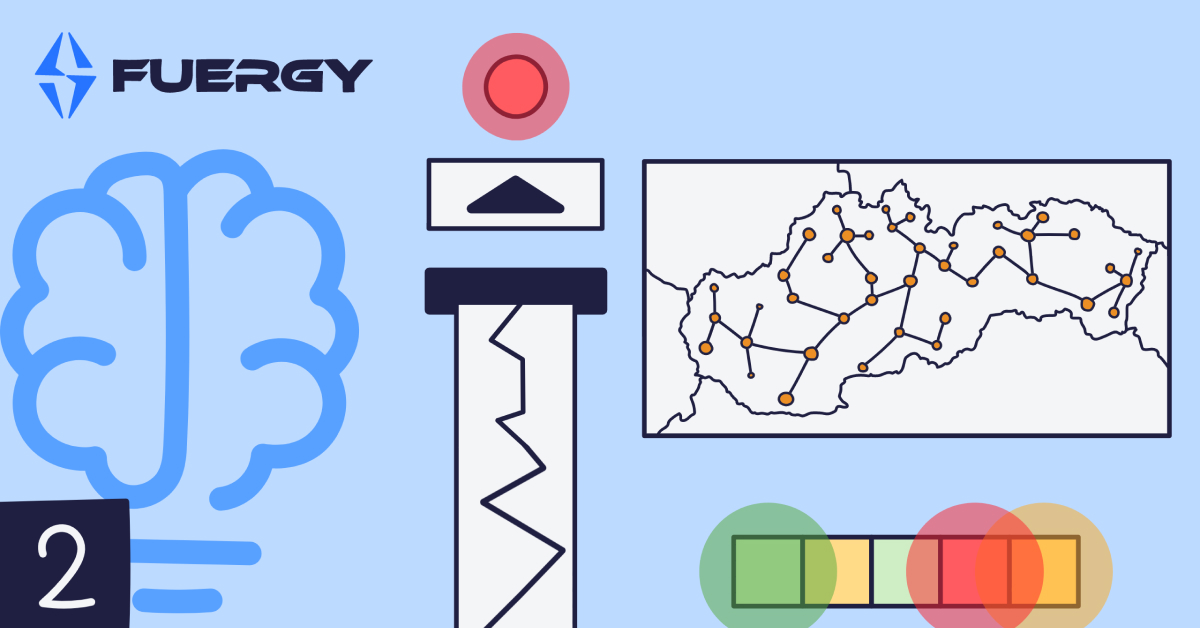
- The Fossil Fuel Lobby
One of the greatest obstacles to renewable energy is posed by the immense wealth and influence behind fossil fuel companies.
BP plc, Chevron Corporation, ExxonMobil Corporation, Royal Dutch Shell plc, Total SA and Eni SpA (Phillips 66 Company) are considered as the major companies that constitute “Big Oil”. In addition to oil, there are also many other wealthy companies that invest in natural gas or coal.
The financial and political power they wield is considerable: the fossil fuel industry outspent renewables by 10 to 1 on lobbying. In 2018, the amount spent on lobbying in favor of oil and gas companies has reached more than $124 million USD. This may be the second lowest number in the last 10 years. However, since 2008, gas and oil lobby got much more active, doubling their expenses in comparison with a previous decade.
Asides from lobbying, fossil fuels companies invest a lot of time, attention and resources into politicians themselves. For instance, the current Secretary of Energy, Rick Perry, served on the board of Energy Transfer Partners, L.P., part of a family of companies that owns approximately 71,000 miles of natural gas, natural gas liquids, refined products, and crude pipelines. Perry reassured members of the National Petroleum Council, that the White House would be a friend, not a foe, to big oil. Since serving in the Cabinet of Donald Trump, at least fifty environmental rules have been overturned or are in the process of being rolled back, with American Petroleum Institute publicly supporting many of these actions.
- Overgeneration and the Duck Curve
In one of our articles, we’ve already discussed the energy supply and demand chart’s – the ‘duck curve’. In short, consumers use energy in a very predictable pattern: increased use in the morning, then again in the evening as the majority of people come home from work or school. Utility companies manage power plants in response to these demand curves. However, the rise of self-generation via solar panels and other grassroots renewable energy projects has created a spike in solar energy generation at a time when it is less needed.
The mismatch of renewable power generation and energy consumption patterns has negative financial consequences for sunshine-rich states such as Hawaii and California. This effect is profound in these states due to the relative wealth of its citizens and their ability to invest in household-scale solar generators.
- Political Barriers
There is an overwhelming dispute among voters of both major parties (Republican and Democrat alike), yet the issue of climate change has lately become as politicized as any social issue, with Republican politicians usually being skeptical of our impact on global climatic changes.
As part of his populist promise to bring manufacturing jobs back to the States, President Donald Trump created tariffs on a number of products, including foreign-made solar panels, which were enjoying a boom among American consumers due to their affordable prices.
Subsidies for many renewable projects are getting scrapped as part of Trump’s promise to ‘deregulate’ energy. This includes subsidies for capital-intensive projects such as wind, where the purchase of an expensive wind turbine had once been subsidized or credited by the Obama administration. At the same time, not only coal and nuclear projects are receiving additional aid from the government but also the administration is too benevolent towards experimental oil drilling techniques such as fracking.
However, on a long-term scale, support for renewables isn’t going away. In fact, solar and wind enjoy bipartisan support from both Republican and Democrat voters, and asides from the current administration, there are plenty of Republicans who see the value in renewable sources of energy and are aware of human influence on climate change. Despite recent setbacks, the U.S. is on a good path towards a renewable future.
In our next article, we will talk about some of the advantages the U.S. has in terms of green energy so don’t forget to visit our blog next week!
Do you want to become more self-sufficient and environmentally responsible? Make it happen with the help of FUERGY! Follow us on Twitter or subscribe to our newsletter. We don't want you to miss out on our latest news!
We are living in the future of energy. Are you?





